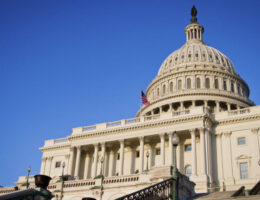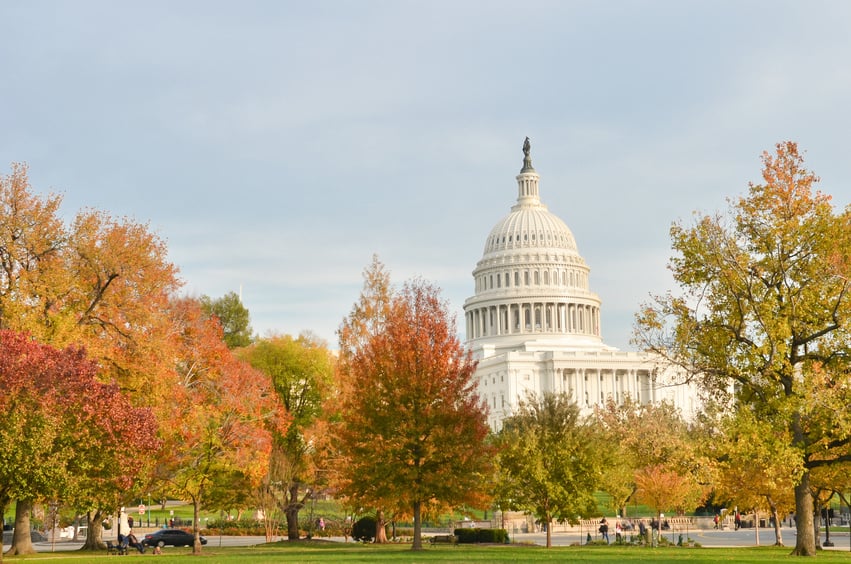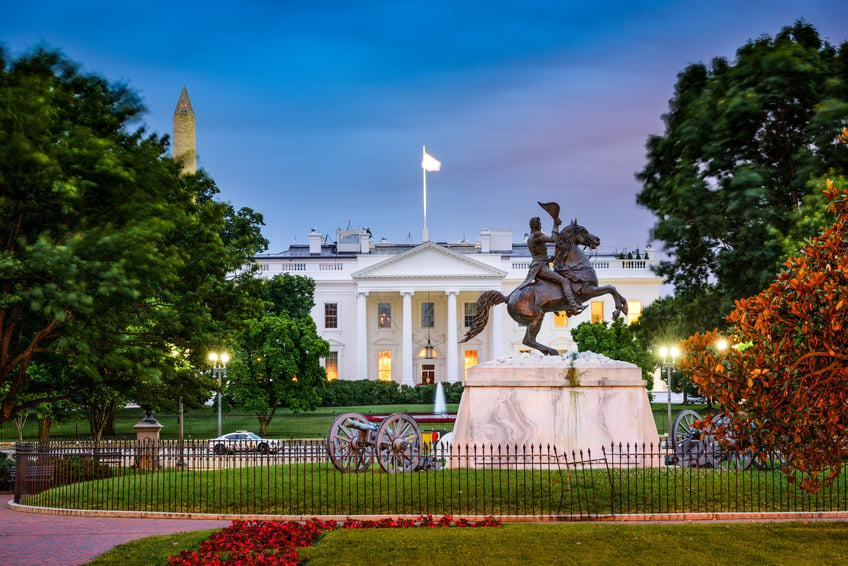On 22 February 2023, the US Department of Justice (DOJ) announced a new voluntary self-disclosure policy for corporate criminal enforcement in all 94 United States Attorneys’ Offices (USAOs) across the country.
This new voluntary self-disclosure policy is a response to Deputy Attorney General Lisa Monaco’s 15 September 2022 Memorandum (“Monaco Memo”) insisting all DOJ divisions develop a self-disclosure policy, to the extent one does not already exist. Other DOJ components, including the Criminal Division, have already taken steps to issue or update their own policies on this topic.









